Kathleen Flinn's Blog, page 22
April 6, 2014
Fish: Buying Basics
April 1, 2014
Audio: The Pods April Fool’s Day Prank
November 27, 2013
14 Ideas for Thanksgiving Leftovers
November 19, 2013
Fearless Thanksgiving Guide
November 12, 2013
The Great Firehouse Challenge: Packaged vs. Homemade Holiday Dinner Classics
August 22, 2013
Sign Up for Seattle Writing Workshop
I will teach one of my intensive, hands-on writing sessions September 28 and 29 at Seattle’s historic Richard Hugo House as part of my “Hungry for Words” series. Cost is $261 for Hugo House members, $290 for non-members.
We’ll cover everything from the history of food writing, writing with all five senses and the fundamentals of recipe writing to putting together a book proposal, food blogging, and breaking into food writing as a career, among other topics.
Class size is limited to 15 and it generally sells out, so if you’re interested, jump on it right away. You can register here, and read more about the workshop here.


August 20, 2013
Food thought: Seattle Police thought Hempfesters might be hungry
In
Last November, voters in Washington State agreed to legalize marijuana — with some caveats that included taxes. This has left Seattle Police in a bit of a bind. Technically, it’s legal to smoke pot unless you bought a limit of up to one-ounce from a state-sanctioned outlet — but there aren’t any of those yet and it’s still illegal under federal law. (In fact, the federal government might sue us Washingtonians over the whole thing.)
Even if/when the law goes into effect, it’s still illegal to smoke pot in public, especially in city and state parks, where alcohol is also banned. To get the message out, the police handed out bags of Doritos with a special public service message at Hempfest here in Seattle last weekend. I think my favorite line is, “This sticker is not a lawyer and cannot help you with legal advice.”
Of course, I won’t bore you with the shockingly bad stuff that’s actually in Doritos. Instead, I’ll just link to a few recipes on how to make them yourself.
Wasabi Prime: Homemade Doritos
The Naked Kitchen: Nacho seasoning (would be great on popcorn)
The Peaceful Kitchen: Vegan Nacho Chips
Coin-Op Kitchen: A first attempt at homemade Doritos


August 19, 2013
Reader Q&A: What do you consider essential pantry items?
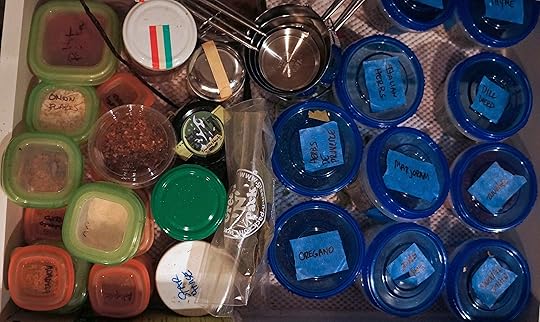
My spice drawer
 Do you have a shopping list of what the essentials are when stocking a pantry? I’m exactly the kind of person you wrote for: not a terribly bad cook, but unsure and insecure in the kitchen. I loved The Kitchen Counter School and am inspired to try on my own, but I’m not sure what staples I should have on hand. Please help! – Gean
Do you have a shopping list of what the essentials are when stocking a pantry? I’m exactly the kind of person you wrote for: not a terribly bad cook, but unsure and insecure in the kitchen. I loved The Kitchen Counter School and am inspired to try on my own, but I’m not sure what staples I should have on hand. Please help! – Gean
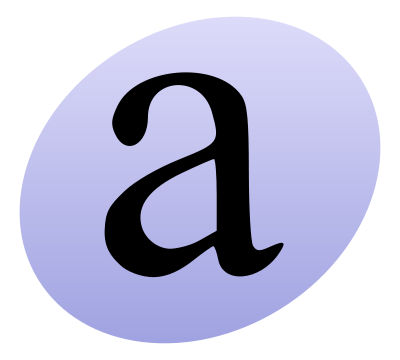 Hey Gean, I turned to my food friends on Facebook and posed the question to them. What appears below is a complete list offered by more than a dozen good home cooks and professional chefs. What this shows is that there is no definitive list; a pantry reflects your palate. If you’re keen to learn to make various Asian foods, your pantry will be different than if your tastes run to Italian or French. I’ve never Piri Piri on hand but I couldn’t live without good mustard.
Hey Gean, I turned to my food friends on Facebook and posed the question to them. What appears below is a complete list offered by more than a dozen good home cooks and professional chefs. What this shows is that there is no definitive list; a pantry reflects your palate. If you’re keen to learn to make various Asian foods, your pantry will be different than if your tastes run to Italian or French. I’ve never Piri Piri on hand but I couldn’t live without good mustard.
It’s always best to start buying anything for your pantry in small quantities, notably oils. Pay attention to what you actually use before you opt for the “economy” size. Fi. nd a place that sells herbs and spices in bulk; it will save money and avoid waste
Pantry items in regular type were recommended by one or more cooks. Items listed in bold were recommended by two or more cooks. Items listed in bold underline were recommended by even more cooks — and reflect my own personal thoughts on standard essentials.
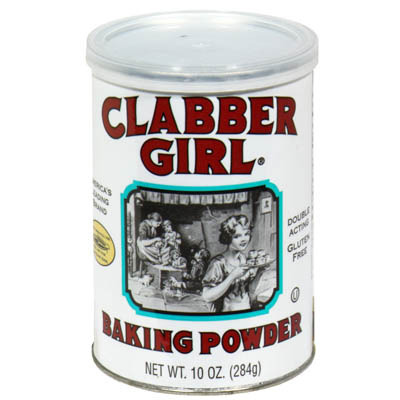 Apples
Apples
baking powder
baking soda
a basil plant
bell peppers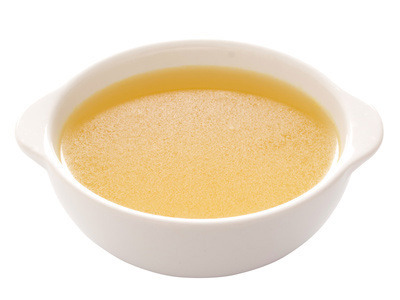 boxed beef stock
boxed beef stock
boxed organic/homemade chicken stock
boxed/homemade vegetable stock
butter
canned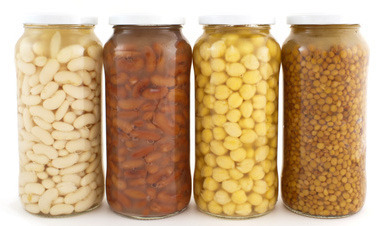 beans (like black, cannelloni, garbanzo, kidney and pinto)
beans (like black, cannelloni, garbanzo, kidney and pinto)
canned tomatoes
canned tuna (also salmon, chicken)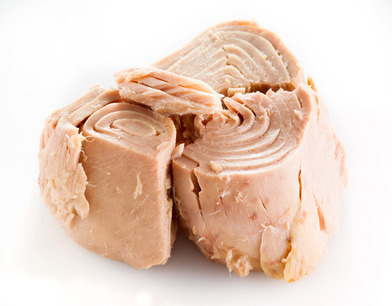 canola oil
canola oil
carrots
capers
celery
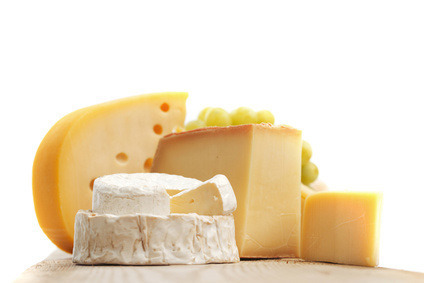 cheese (too many to list)
cheese (too many to list)
chili powder (or dried chilies)
Cilantro
cinnamon
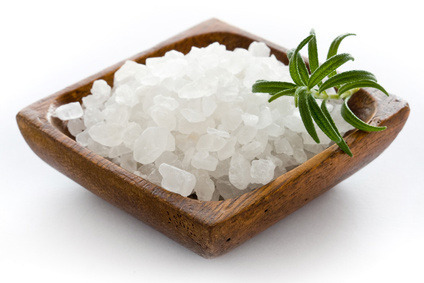 coarse sea salt
coarse sea salt
coffee
Creole seasoning
cumin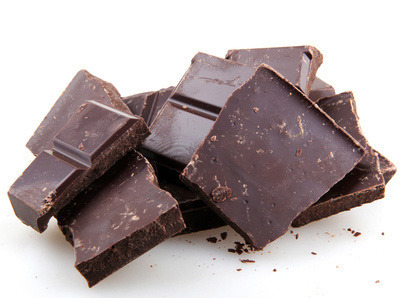 curry sauces
curry sauces
dark chocolate
eggs
fish sauce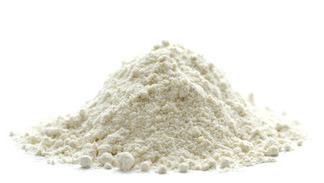 flour (gluten-free if needed)
flour (gluten-free if needed)
garlic
garlic powder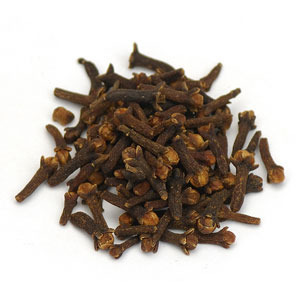 ginger
ginger
grape seed oil
whole or ground allspice
whole or ground cloves
hoisin sauce
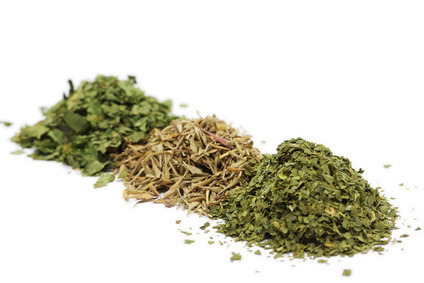 Italian herb spices
Italian herb spices
jalapeno
Jarlsberg cheese
kosher salt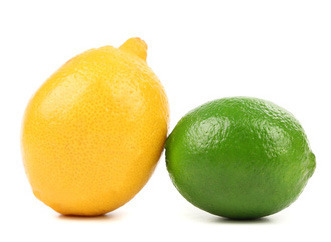 lemons
lemons
limes
marjoram
masa
mint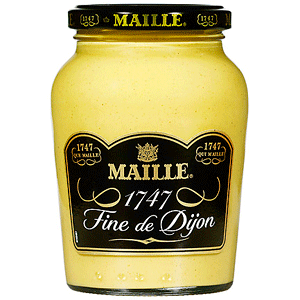 mirin
mirin
miso
mustard (particularly Dijon)
olive oil
olives
Onions
oregano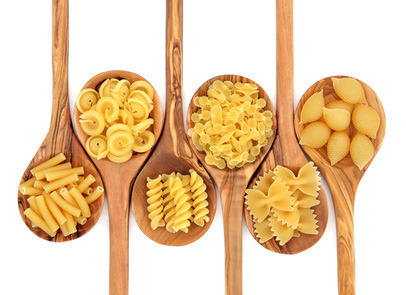 oyster sauce
oyster sauce
pasta (dried, gluten-free if needed)
peanut butter
peanut oil
pepper (fresh, with a grinder) pine nuts
pine nuts
Piri Piri
popcorn
potato chips
ramen noodles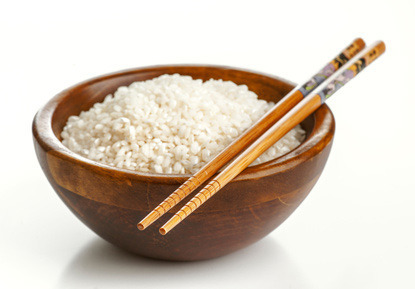 red chili flakes
red chili flakes
rice and whole grains (quinoa, oats, barley, etc.)
rice noodles
rosemary
salted radish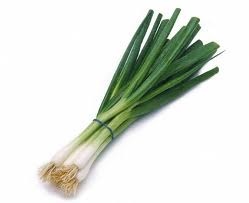 scallions
scallions
sea salt grinder
Shallots
soy sauce
Sriracha
star anise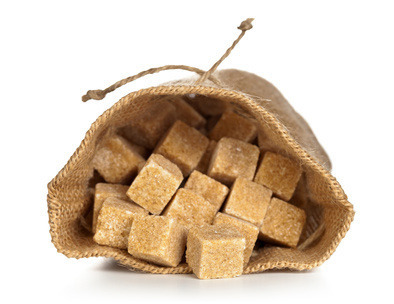 sugar (I’m partial to brown, agave syrup and stevia)
sugar (I’m partial to brown, agave syrup and stevia)
Szechuan pepper
Tabasco
tahini
tarragon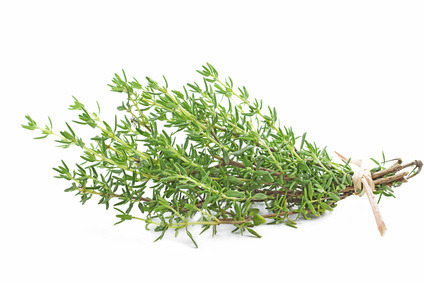 Thai basil
Thai basil
Thai chiles
Thai rice
thyme
tofu tomato paste
tomato paste
tomato puree
tomato sauce
tortillas
 Vinegars (including black, red wine, rice and balsamic)
Vinegars (including black, red wine, rice and balsamic)
whole black peppercorns
Worcestershire sauce
Zip Lock bags
So what’s in your pantry that you can’t live without?
On a similar theme:
A Quick Primer on Herbs & Spices
How to make chicken stock
How to make vegetable stock
How to Outfit a Kitchen on a Budget, or 14 Essential Items for Every Kitchen
August 15, 2013
Dishin’ It With Author Joe Yonan (Plus, Meet Joe and Get a Signed Copy of His Book)
I’m a big fan of Joe Yonan, the food editor for The Washington Post. We met years ago at an International Association of Culinary Professionals conference. During the course of the weekend, I’d helped put together a “night owl” session on pitching stories. On the panel with Joe was Victoria von Biel, then the executive editor of Bon Appetit and Silvana Nardone, then editor of Everyday with Rachel Ray. Only a half-dozen people showed up. At first, I felt embarrassed by the thin turnout. The four editors took it in stride, we ended up in a hotel suite drinking wine while they doled out advice and talked about the business of food editing until midnight.
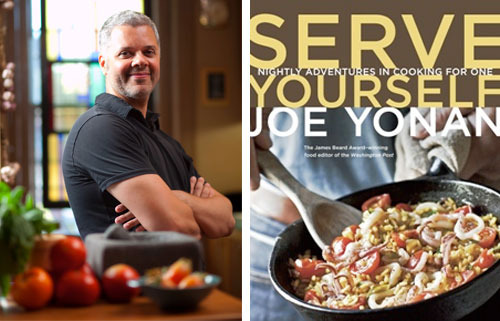 In his first book, Serve Yourself: Nightly Adventures in Cooking for One, Joe offered inventive recipes plus practical advice for small batch cooking. After all, what to do with that leftover tomato paste or half a head of cabbage? Since then, Joe “came out” as the first vegetarian running the food section of a major newspaper.So, it’s no surprise his new book is vegetarian-focused Eat Your Vegetables: Bold Recipes for the Single Cook. Don’t let the “single” part deter you if you’re part of a couple or small family — I’ve found that his strategies for one work fantastically well for two. Basically it’s a way to think (and cook) outside the “serves six” mantra that is fairly standard in most recipes.
In his first book, Serve Yourself: Nightly Adventures in Cooking for One, Joe offered inventive recipes plus practical advice for small batch cooking. After all, what to do with that leftover tomato paste or half a head of cabbage? Since then, Joe “came out” as the first vegetarian running the food section of a major newspaper.So, it’s no surprise his new book is vegetarian-focused Eat Your Vegetables: Bold Recipes for the Single Cook. Don’t let the “single” part deter you if you’re part of a couple or small family — I’ve found that his strategies for one work fantastically well for two. Basically it’s a way to think (and cook) outside the “serves six” mantra that is fairly standard in most recipes.
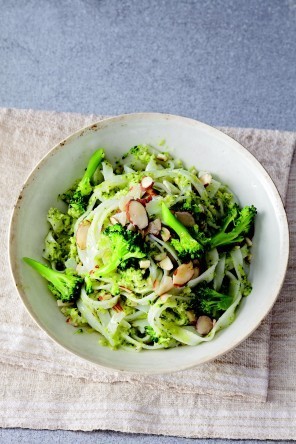 MEET JOE! I’ll be hosting Joe at an exclusive meet-the-author party on Friday, September 13. Guests will meet Yonan and sample fare from his book. Price includes food, cocktails and a signed copy of his new book. $35 for single ticket. $55 for couple (includes one book). Purchase tickets here, and act fast – space is limited. Sold out? Fear not. Joe will make another appearance in Seattle at The Book Larder on September 12.
MEET JOE! I’ll be hosting Joe at an exclusive meet-the-author party on Friday, September 13. Guests will meet Yonan and sample fare from his book. Price includes food, cocktails and a signed copy of his new book. $35 for single ticket. $55 for couple (includes one book). Purchase tickets here, and act fast – space is limited. Sold out? Fear not. Joe will make another appearance in Seattle at The Book Larder on September 12.
Meanwhile, I wanted to get some tips on cookbooks and his favorite blogs, not to mention his favorite recipes in the new book in a quick Q&A below.
What are favorite recipes in Eat Your Vegetables?
That’s a little like asking a mother to choose her favorite child, but OK, I’ll bite: At the moment, I’m pretty enamored with two recipes in EYV: Poblano Tapenade, because it brings a spicy punch to one of my favorite dips; and Fusilli With Corn Sauce, because it uses fresh corn in two ways (whole kernels from one cob and grated kernels and juicy pulp from another) to showcase the pure flavor of one of my favorite summer vegetables.
What are some of your “go to” cookbooks, the ones you use again and again?
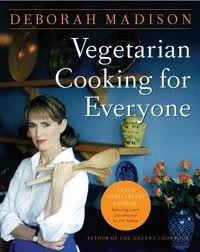 Vegetarian Cooking for Everyone by Deborah Madison: a modern classic for a reason. If she doesn’t know something about a vegetable and how to cook it, then no one does. Tips galore, plus just hundreds and hundreds of recipes, most of them relatively simple but with smart flavor combinations. Some favorite recipes: Braised Fennel With Parmesan; Cauliflower, Spinach, and Potato Stir-Fry with Coconut Milk.
Vegetarian Cooking for Everyone by Deborah Madison: a modern classic for a reason. If she doesn’t know something about a vegetable and how to cook it, then no one does. Tips galore, plus just hundreds and hundreds of recipes, most of them relatively simple but with smart flavor combinations. Some favorite recipes: Braised Fennel With Parmesan; Cauliflower, Spinach, and Potato Stir-Fry with Coconut Milk.
T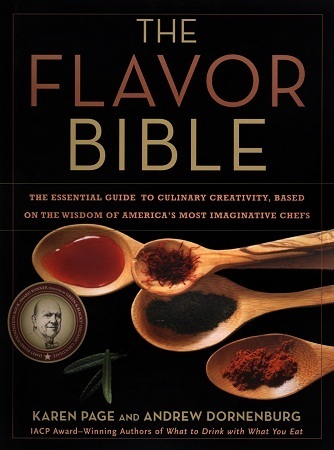 he Flavor Bible by Karen Page and Andrew Dornenburg: More a reference book than a cookbook, but an invaluable one for anyone developing his own recipes, or just looking for smart ideas. I got the idea to use corn husks in addition to cobs in making a corn broth from this book (which mentioned that Portland chef Vitaly Paley does this), and added in the silks, too.
he Flavor Bible by Karen Page and Andrew Dornenburg: More a reference book than a cookbook, but an invaluable one for anyone developing his own recipes, or just looking for smart ideas. I got the idea to use corn husks in addition to cobs in making a corn broth from this book (which mentioned that Portland chef Vitaly Paley does this), and added in the silks, too.
 River Cottage Veg by Hugh Fearnley-Whittingstall: I can’t stop cooking out of it. Whimsical writing and design, nice photography, and recipes that you want to make again and again, all from a chef and writer who is much better-known for his work with meat and fish. Favorite recipes: Baby Beet Tart Tatin, Carrot Hummus.
River Cottage Veg by Hugh Fearnley-Whittingstall: I can’t stop cooking out of it. Whimsical writing and design, nice photography, and recipes that you want to make again and again, all from a chef and writer who is much better-known for his work with meat and fish. Favorite recipes: Baby Beet Tart Tatin, Carrot Hummus.
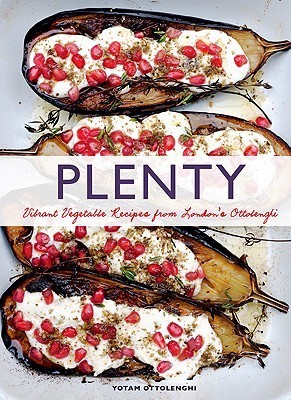 Plenty by Yotam Ottolenghi: Count me among the legions of vegetarian fans of this book. Ottolenghi isn’t a vegetarian, but he writes about it for The Guardian, and his way with flavors makes me swoon. I don’t always follow them to the letter, but I always get what he’s after, and it never fails me. Recipes: Black Pepper Tofu, Soba Noodles With Eggplant and Mango.
Plenty by Yotam Ottolenghi: Count me among the legions of vegetarian fans of this book. Ottolenghi isn’t a vegetarian, but he writes about it for The Guardian, and his way with flavors makes me swoon. I don’t always follow them to the letter, but I always get what he’s after, and it never fails me. Recipes: Black Pepper Tofu, Soba Noodles With Eggplant and Mango.
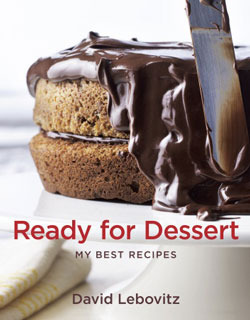 Ready for Dessert by David Lebovitz: From one of my favorite writers on the planet – the food world’s own David Sedaris — this is the book I turn to when I want a seasonal dessert that won’t require too much fuss but will still impress. David’s recipes are flawless. Recipes: Fresh Ginger Cake, Cherry Almond Cobbler, Fresh Mint Sherbet with Figs Roasted in Chartreuse and Honey.
Ready for Dessert by David Lebovitz: From one of my favorite writers on the planet – the food world’s own David Sedaris — this is the book I turn to when I want a seasonal dessert that won’t require too much fuss but will still impress. David’s recipes are flawless. Recipes: Fresh Ginger Cake, Cherry Almond Cobbler, Fresh Mint Sherbet with Figs Roasted in Chartreuse and Honey.
Ba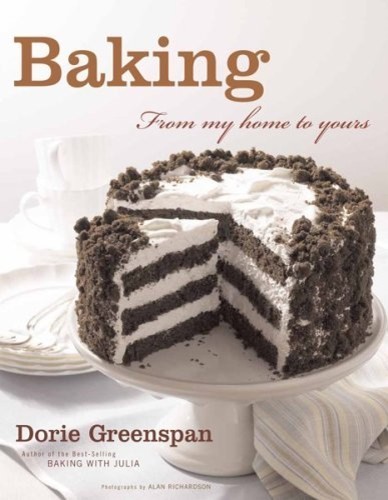 king From My Home to Yours by Dorie Greenspan: She’s figured it all out, so you don’t have to. She’s mastered the way of recipe writing that makes you feel as if, yes, she’s there in the kitchen with you, offering tips and guidance and humor all along the way. And the food! Recipes: World Peace Cookies, Tartest Lemon Tart.
king From My Home to Yours by Dorie Greenspan: She’s figured it all out, so you don’t have to. She’s mastered the way of recipe writing that makes you feel as if, yes, she’s there in the kitchen with you, offering tips and guidance and humor all along the way. And the food! Recipes: World Peace Cookies, Tartest Lemon Tart.
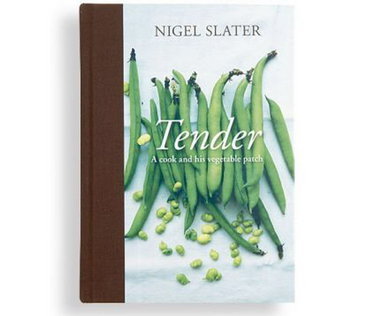 Tender: A Cook and His Vegetable Patch by Nigel Slater: To read Nigel is to enter into a dream state, really. Lovely essays, beautiful photography, and seasonal, sometimes impressionistic recipes, light on the details and heavy on the inspiration and flavor. Recipes: Baked Onions, Porcini, and Cream; Baked Tomatoes With Chilis and Coconut.
Tender: A Cook and His Vegetable Patch by Nigel Slater: To read Nigel is to enter into a dream state, really. Lovely essays, beautiful photography, and seasonal, sometimes impressionistic recipes, light on the details and heavy on the inspiration and flavor. Recipes: Baked Onions, Porcini, and Cream; Baked Tomatoes With Chilis and Coconut.
Which blogs do you visit regularly?
David Lebovitz: Because he manages to write about Paris in a way that strips it of all our overly romanticized misconceptions while also making clear how much he loves it, warts and all. Oh, and because here is where you’ll first read about genius things like caramelizing white chocolate. Wow.
Poor Man’s Feast: Because of Elissa’s prose. Like no one else, she can make the personal into something universal, and often profound.
101 Cookbooks: Because Heidi Swanson has exquisite taste and an unerring eye for beauty. To read her blog is to be infused by her glow, at least for the time being.
About Joe Yonan
 Joe Yonan is the two-time James Beard Award-winning Food and Travel editor of The Washington Post. Joe was a food writer and Travel section editor at The Boston Globe before moving to Washington in 2006 to edit the Post’s Food section, for which he also writes the Weeknight Vegetarian column and occasional feature stories. His work from the Globe and Post has appeared in three editions of the Best Food Writing anthology. Joe spent 2012 in North Berwick, Maine, on leave from the Post to learn about growing and homesteading from his sister and brother-in-law and to work on Eat Your Vegetables.
Joe Yonan is the two-time James Beard Award-winning Food and Travel editor of The Washington Post. Joe was a food writer and Travel section editor at The Boston Globe before moving to Washington in 2006 to edit the Post’s Food section, for which he also writes the Weeknight Vegetarian column and occasional feature stories. His work from the Globe and Post has appeared in three editions of the Best Food Writing anthology. Joe spent 2012 in North Berwick, Maine, on leave from the Post to learn about growing and homesteading from his sister and brother-in-law and to work on Eat Your Vegetables.


July 11, 2013
TV for Dogs
Now I’ve seen everything, but apparently our dog, Maddy, has not.
A channel launched on DirectTV for an audience one doesn’t think of as particularly media savvy – dogs. According to the web site for DOGTV:
“DOGTV is scientifically developed and Pup approved. DOGTV is cable’s first television network for dogs that is created exclusively for canines, and the humans who love them. DOGTV’s 24/7 programing helps stimulate, entertain, relax and habituate dogs with shows that expose them to various movements, sounds, objects, experiences and behavior patterns, all from a dog’s point of view.”
I admit that Maddy has a strange interest in the film version of The Hunger Games. (We suspect it has something to do with the setting in the woods.) But otherwise, she lays under the couch uninterested on the rare occasions we watch TV.
All of this reminded me of an episode of This American Life featured a reporter talking about her father’s dream of starting “the puppy channel,” a concept that never took off on traditional cable television but found a home online.
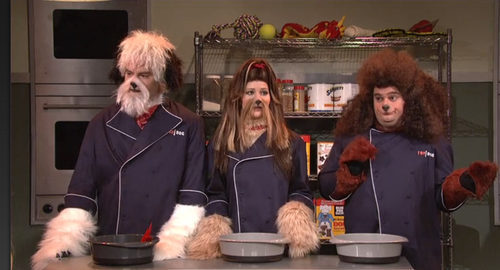 More recently was the SNL parody Top Dog Chef, which supposedly took place on The Dog Channel. Host “Padma Leash-Me” explained that in a final challenge, the dog cheftestants were asked to create a dish using only the contents from a ripped-open garbage bag as an added difficulty, the producers rang the doorbell at various intervals. “No one who rings a doorbell is there to hurt you,” insisted her co-host, Tom Collie-co. “So don’t freak out every time you hear it.” My favorite dish: Vomit Two Ways garnished with a dead bird. “Yes, you can eat the garnish,” the dog cheftestant proudly notes.
More recently was the SNL parody Top Dog Chef, which supposedly took place on The Dog Channel. Host “Padma Leash-Me” explained that in a final challenge, the dog cheftestants were asked to create a dish using only the contents from a ripped-open garbage bag as an added difficulty, the producers rang the doorbell at various intervals. “No one who rings a doorbell is there to hurt you,” insisted her co-host, Tom Collie-co. “So don’t freak out every time you hear it.” My favorite dish: Vomit Two Ways garnished with a dead bird. “Yes, you can eat the garnish,” the dog cheftestant proudly notes.
But this made me wonder. Are we trying to make dogs even more like humans by trying to get them into our own habits? Should we really be encouraging our dogs to be sated with imagery on an iPad?









